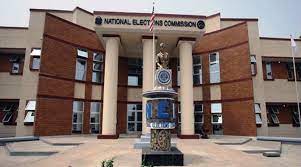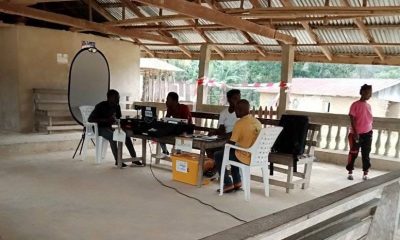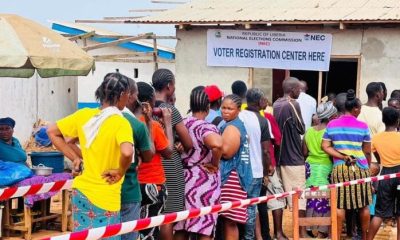Monrovia – Community Radio Journalists from across Liberia have received training in the use of technology to report on the 2017 elections.
The 20 participants are members of a local journalist network, Local Voices Liberia Media Network which members are based across the 15 counties of Liberia.
The training was conducted by Internews Liberia as part of the Liberia Media Development Project funded by the United States Agency for International Development (USAID).
It was intended to improve the reporters’ skills on using social media and smart phones to cover the 2017 presidential and representative elections.
During the three days workshop, participants were taught basic skills on website administration including uploading new stories, photos, audio clips, and videos.
The journalists were also equipped with smart phones with a mobile app which will allow them to conduct live on-the-field coverage or reports of the electoral process including town hall debates, political rallies and electorates’ views among others.
Maureen Sieh, Internews’ lead facilitator for the training, told the journalists to work hard and cover the elections by giving locals in rural communities a chance for their voices to heard.
She called on them to use the network’s news website to timely report elections related stories every week.
“From here, you are expected to go back to your communities, and you are under obligation to send at least four stories every month,” Sieh told the participants.
“These should be stories specifically focusing on amplifying rural voices and rural issues at the national level.”
Senesee Freeman, Director of civic and voter education at the National Elections Commission, lectured the journalists about the importance of the elections’ calendar and he called on them to engage district elections officials to know more about the electoral process.
Franklin Flomo, the finance officer of Local Voices Liberia, said the training help built the profile of the network.
“We learned a lot about reporting on the electoral process, and how to bring the voices of the people in the rural areas to the national level,” Flomo said.
“Most journalists love to run behind big people like ministers and Lawmakers, but we are going to lift the voices of the people in the villages to air what they are saying about the elections.”
The training is part of a 2017 elections reporting project funded by USAID through Internews, which will be implemented by Local Voices Liberia Media Network.
According to Flomo, it is a six-month project that will run from August 2017 to January 2018.
Local Voices Liberia Media Network was founded in 2015, by community radio Journalists who were trained by Internews in humanitarian and health reporting under its Information Saves Lives project.
That project was part of a post-Ebola capacity building initiative for Liberian journalists who appeared to be less knowledgeable about covering infectious disease outbreak or familiar with risk communication at the time of the Ebola outbreak in 2014.
Report by: Eric Opa Doue









































































































































































































































































































































































































































































































































































































